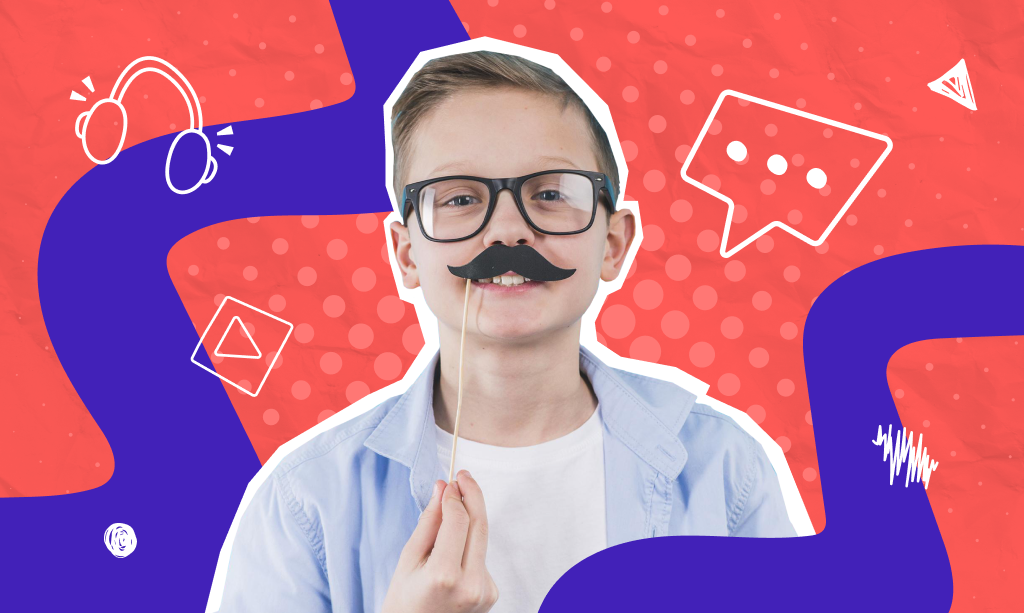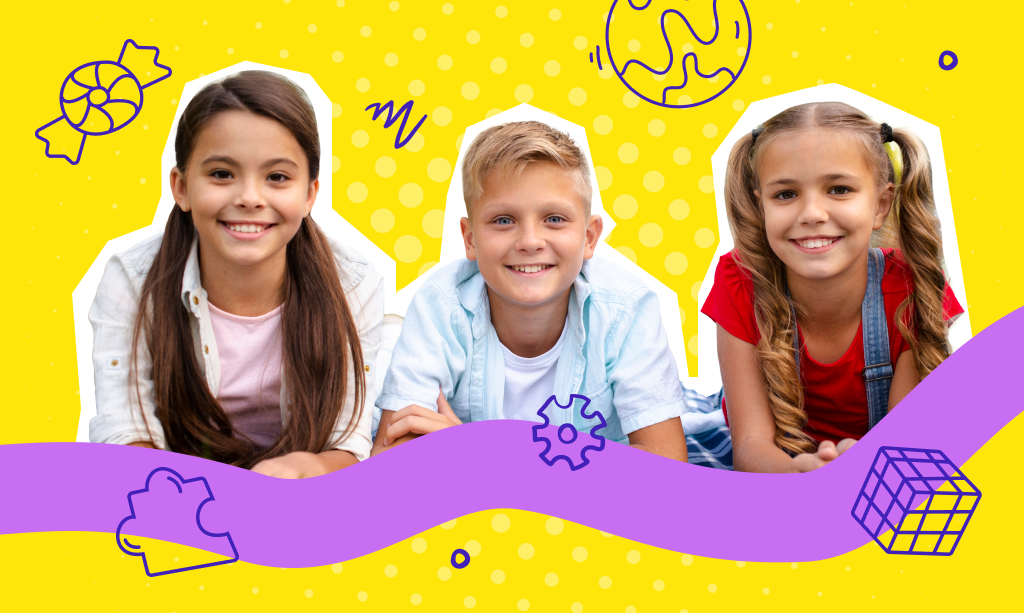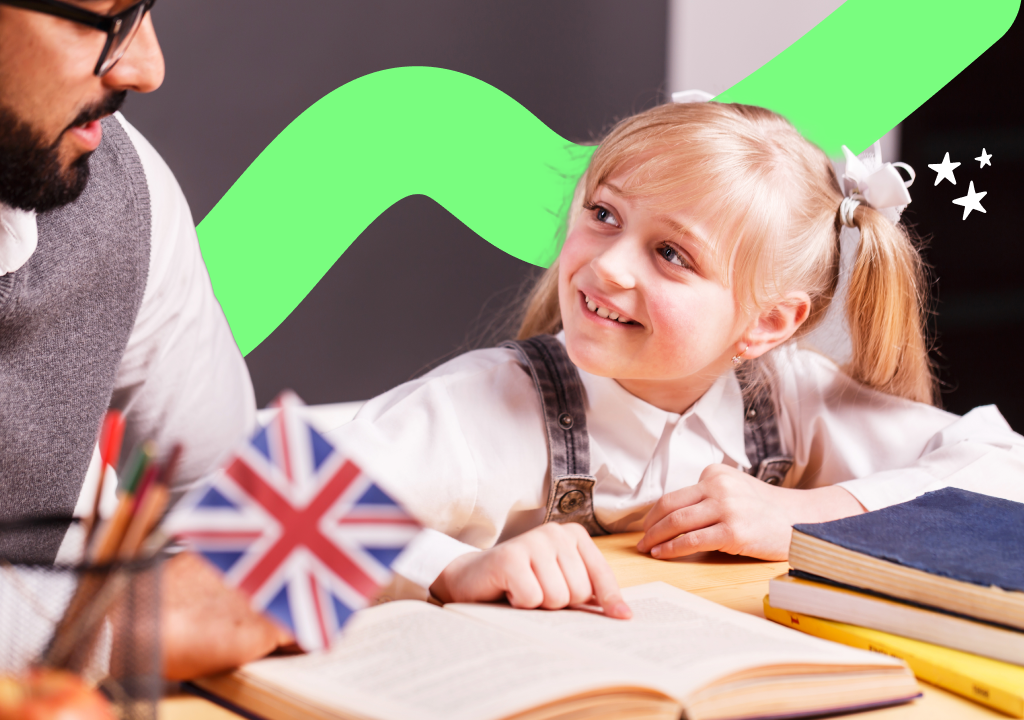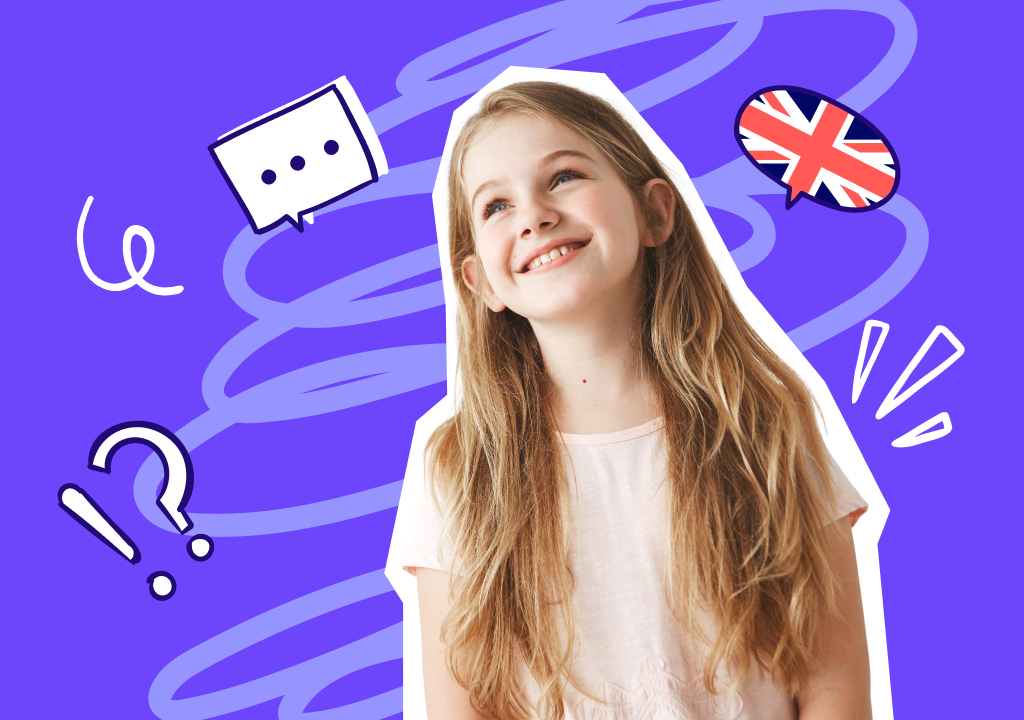A Guide to All the Teaching Methods Used in Kids’ Language Education
- Case Studies: Real-Life Examples
- Debates: Critical Thinking and Communication
- Presentations: Self-Expression
- Role Playing: Learning Through Play
- Multimedia & Technology: Digital Tools
- Peer Teaching: Collaboration
Discover the ultimate resource for educators! Our guide delves into effective teaching methods tailored for children’s language education. Create engaging and impactful learning experiences for young language learners.
Have you ever wondered what makes learning language so magical for kids? It’s not just about memorizing vocabulary or conjugating verbs—it’s about sparking their imagination and making learning an adventure! At Novakid ESL, we’re passionate about creating a world where language education is not only practical but also incredibly fun. So, we’re here to help.
From interactive games to role-playing activities, the world of teaching methods for kids’ language education is as diverse as it is exciting. But with so many options available, how do you know which ones are truly effective? This guide will uncover the secrets behind the most engaging and impactful teaching methods for young language learners.
Case Studies: Real-Life Examples
Various teaching methods are employed in kids’ language education to make learning fun and effective. One such method is using case studies and real-life examples.
Case studies offer a glimpse into real-world situations, allowing children to connect language to experiences. For example, they might explore a story about a family’s trip to the zoo, learn vocabulary related to animals, and describe their own experiences.
Real-life examples bring language learning to life by showcasing how language is used in everyday situations. To practice language skills, children might engage in role-playing activities, such as pretending to order food at a restaurant or playing the role of a character in a story.
Debates: Critical Thinking and Communication
Critical thinking and communication skills can really benefit language learning for kids, and one method for achieving this is through debates.
Debates allow children to express their opinions, develop arguments, and engage in dialogue. By discussing topics such as favorite foods, school rules, or environmental issues, children learn to express their thoughts clearly and respectfully while listening to others’ perspectives.
Through debates, children not only practice language skills such as vocabulary, grammar, and pronunciation but also cultivate critical thinking skills by analyzing arguments and evaluating evidence. Moreover, debates promote collaboration and teamwork as children work together to prepare their arguments and counterarguments.

Presentations: Self-Expression
Another great method for teaching kids a new language is allowing self-expression through presentations.
Presentations provide children with the opportunity to showcase their creativity, share their ideas, and express themselves. Whether it’s talking about their favorite hobbies, describing a family vacation, or presenting a project they’ve worked on, presentations allow children to take center stage.
Through presentations, children not only practice language skills such as speaking, listening, and vocabulary but also build confidence and self-esteem.
Role Playing: Learning Through Play
Role-playing allows children to express themselves and build confidence, making language learning through play another effective method for language learners.
Role-playing allows children to step into different roles and act out various scenarios, such as going to the grocery store, visiting the doctor, or playing a character from a story. Here, children practice using language in context and develop their communication skills in a fun and interactive way. They also learn to negotiate, cooperate, and communicate effectively with their peers while navigating different situations.
Multimedia & Technology: Digital Tools
As Novakid is an online language learning platform, multimedia and technology are obvious methods for helping children learn a new language.
Multimedia and technology include a range of resources, including interactive apps, educational games, videos, and digital platforms. These tools provide children with opportunities to explore language interactively, catering to different learning styles and preferences.
By incorporating technology, children can practice listening, speaking, reading, and writing skills. For example, they might watch videos to learn new vocabulary, play educational games to reinforce grammar concepts or participate in virtual language exchanges with peers from around the world.
Peer Teaching: Collaboration
Last on our list of teaching methods used in kids’ language education is the act of peer teaching and collaboration.
Peer teaching involves students teaching and learning from each other, allowing them to share their knowledge, experiences, and skills in a supportive environment. Through peer teaching, children reinforce their understanding of language concepts and develop empathy, teamwork, and leadership skills.
Peer teaching activities can take various forms, such as pair work, group discussions, and cooperative learning tasks. For example, students might work together to practice conversations, peer-edit each other’s writing, or teach vocabulary words to their classmates.
The world of kids’ language education is filled with endless possibilities. At Novakid ESL, we believe that every child deserves an enriching and enjoyable language-learning experience. By embracing creativity, innovation, and a sense of adventure, educators can create magical moments that spark a lifelong love for language and learning in children. Oh, and always remember, learning knows no bounds, and every lesson is an adventure waiting to unfold!






































